The US policy of supporting a democratic Taiwan while simultaneously engaging China is a delicate and complex balance, with outcomes critical to economic, security and strategic interests in Asia. At the same time, rising Taiwanese identity amid the emerging power of China continues to change the paradigm. The contributors to this volume explore the political and economic dimensions of this complicated and pressing issue.
Whether the US-China relationship evolves as one of ‘strategic partners’ or ‘strategic competitors’ will significantly affect power relations between Washington, Beijing and Taipei. More generally, it will set the tone for peace, stability and prosperity in the Asia Pacific. Peter Chow examines the potential crisis, as well as mitigating influences, by investigating political, economic and security considerations affecting cross-Taiwan Strait relations. He presents broad coverage of recent changes of policy in Taiwan, China and the US, with special emphasis on the adjustments of American policy on Taiwanese identity amid its democratization. An overall evaluation of current US policies toward China based on ‘realism’ and ‘idealism’ illustrates the shifting US-China-Taiwan relations.
This insightful treatment will be of great interest to students and scholars of international relations, political economy, foreign relations, Asian studies, political science and economics. Civic leaders and representatives of interest groups involved with US-China-Taiwan relations will find the volume of great value in their work.


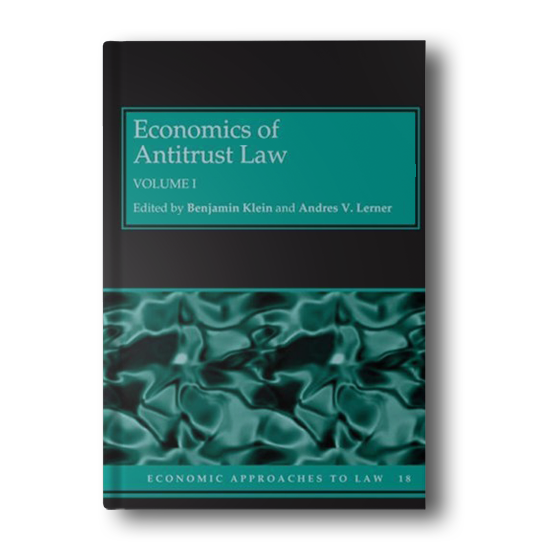
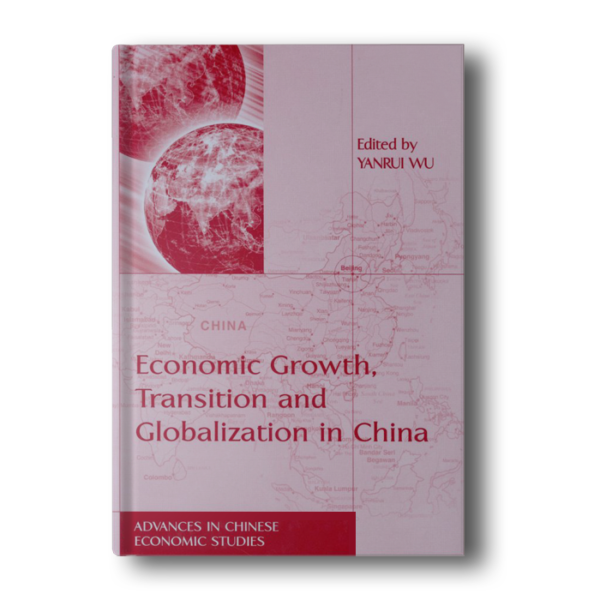

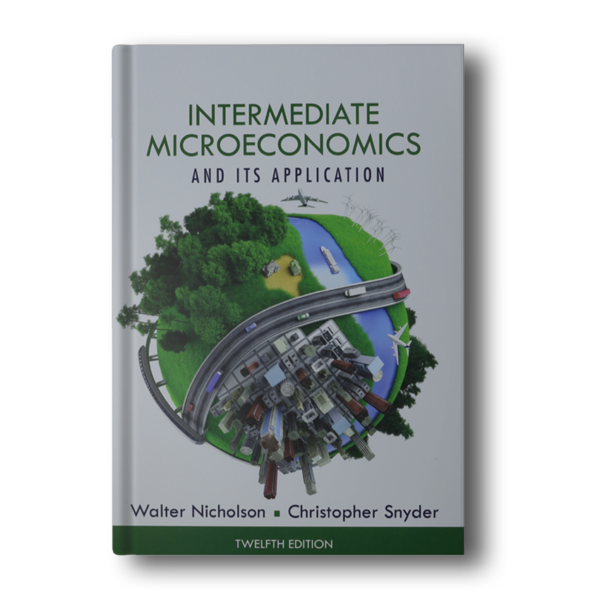
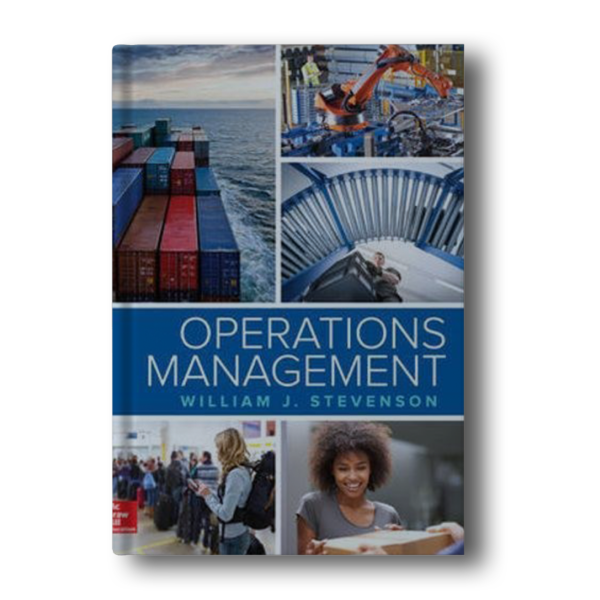
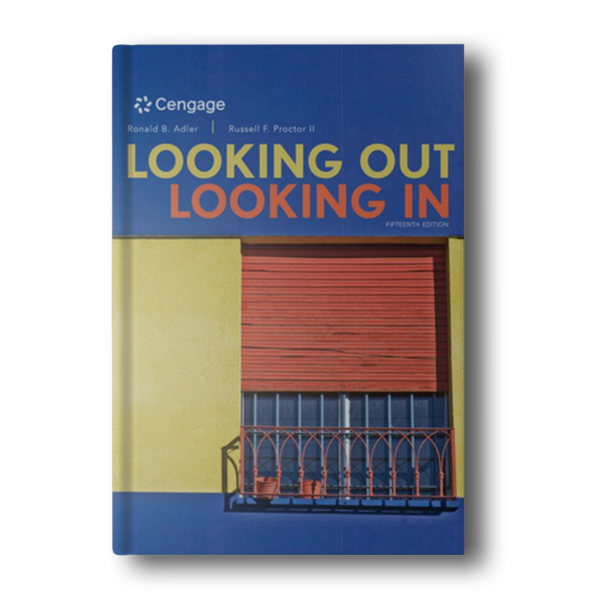
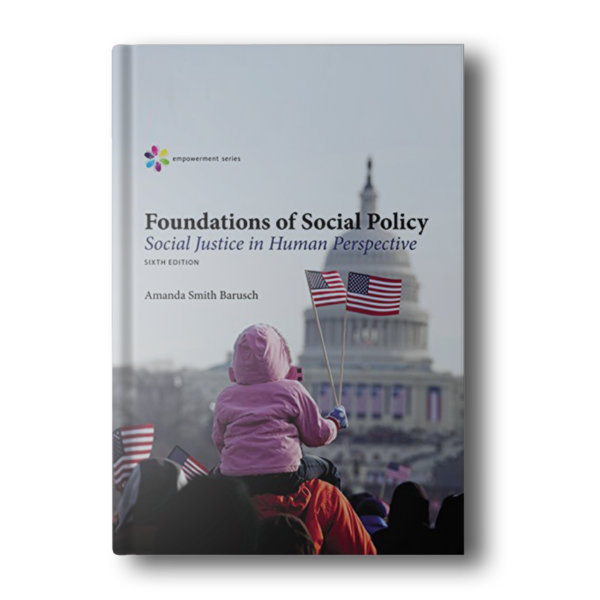
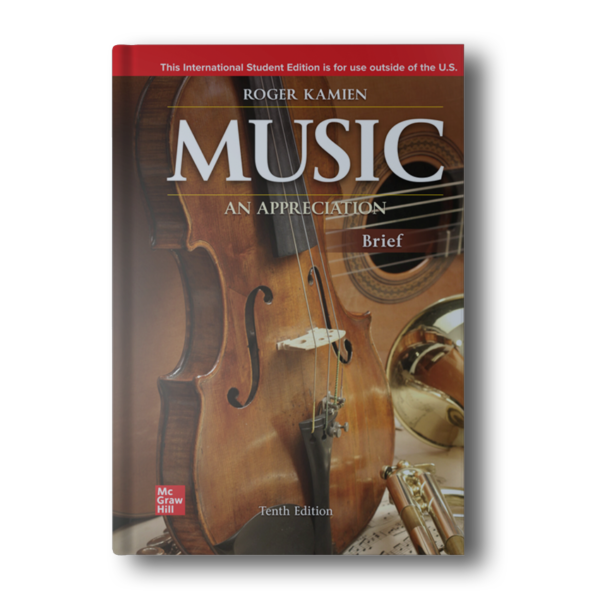





Reviews
There are no reviews yet.